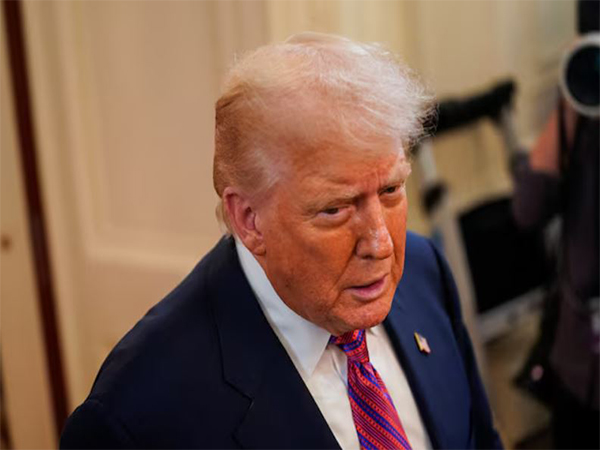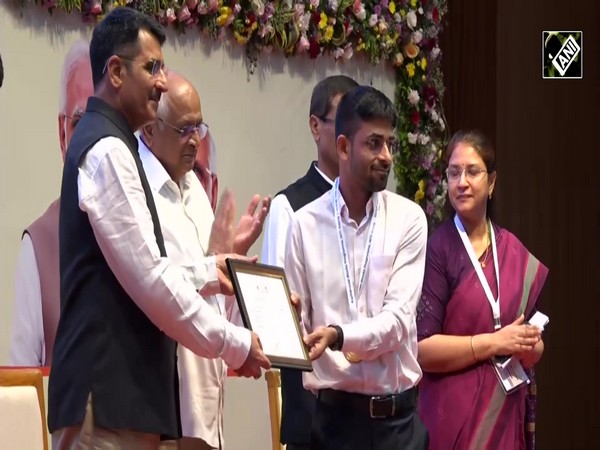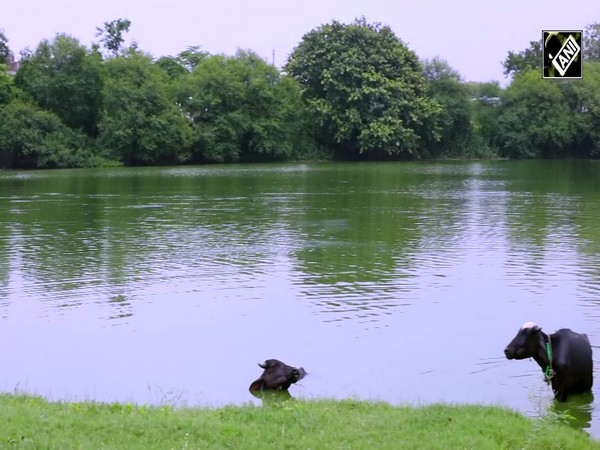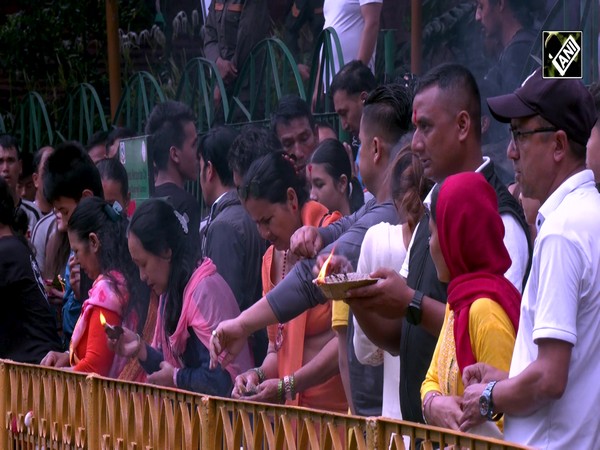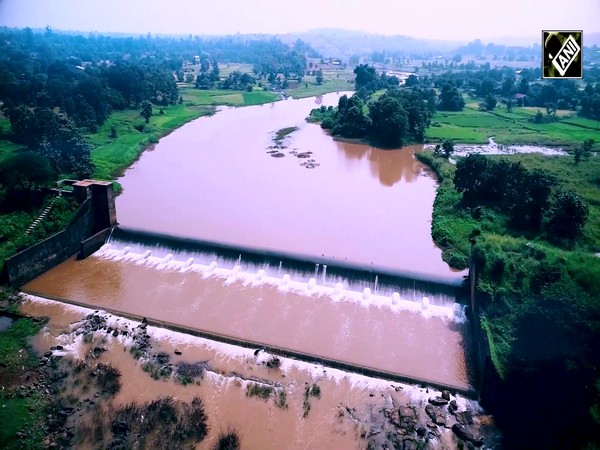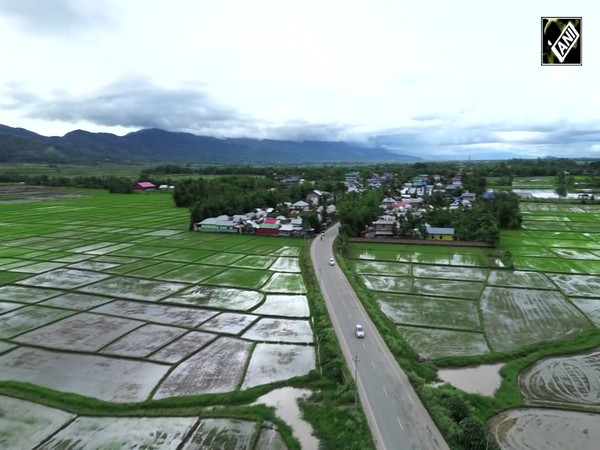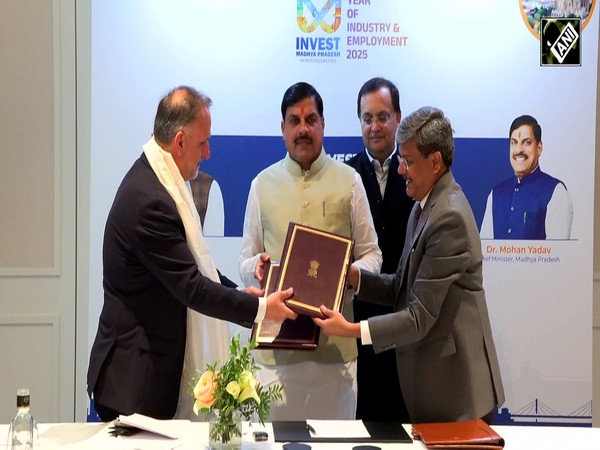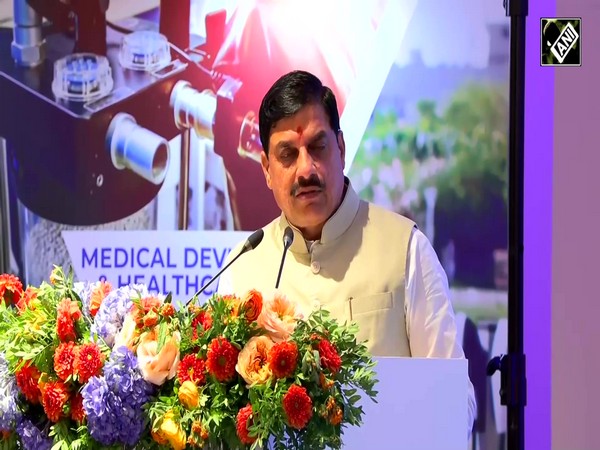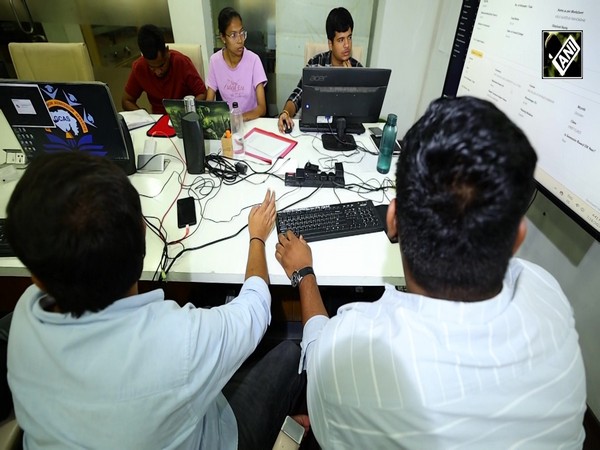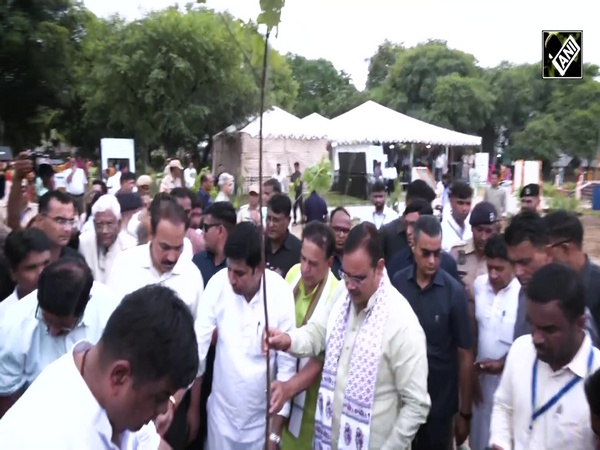Pakistan using Europe's ultra-liberal ecosystem to promote Khalistani separatist movement
Dec 13, 2020

Ottawa [Canada], December 13 : There seems to be a renewed push by Pakistan to promulgate the Khalistani separatist movement by using Europe's ultra-liberal ecosystem as its breeding ground, and perhaps time is running out for Europe to act fast before it is too late.
According to a report titled 'Khalistan: A project of Pakistan" by Canadian think tank McDonald-Laurier Institute, the world has for long refused to accept the invisible hands of a maleficient 'state' pulling the strings from beyond the curtain in orchestrating and fanning the proliferation of Kashmiri and Khalistani separatist movements across the spectrum of Europe.
The first Khalistani flag was raised in Birmingham during the 1970s, giving an indication as to for how long Europe has been the centre-stage of the separatist movement.
It is the fresh impetus that the movement has been fuelled and funded by Pakistan's Inter-Services Intelligence (ISI), through a calibrated triggering of a renewed separatist mindset among the Sikh diaspora youth, which can be a real cause of worry for Europe, according to the Canadian think tank.
In July, the Union Home Ministry disclosed a list of nine individuals designated as Khalistani terrorists accused of spreading terrorism in India from the foreign soil. The list included three people from India: Bhupinder Singh Bhinda and Gurmeet Singh Bagga, based in Germany, and Paramjit Singh, based in the United Kingdom, who is the chief of Sikh terrorist organisation Babbar Khalsa International.
It is important to note that Babbar Khalsa was responsible for the bombing of Air India Flight 182 travelling on the Montreal-London-Delhi route in 1985, which is also known as Kanishka bombing. Over 300 people were killed in the explosion, including Canadian, UK and Indian citizens.
There have been enough indications that Pakistan is using the Khalistani separatist organisations to create anti-India protests in key parts of Europe. For instance, a section of Indian diaspora in the UK was peacefully celebrating Independence Day outside the Indian High Commission in London last year, when they were violently confronted by a group of British Pakistanis and members of Khalistani separatist organisations.
London's Pakistani Mayor was slammed online for the lackadaisical approach of his office and lack of security arrangements that led to the Indian citizens in the UK being attacked by British Pakistanis and Khalistani supporters on August 15, 2019
According to the Canadian think tank, the reciprocal relation between Pakistan and Europe's Sikh separatist organisations can be noted by how two UK-based Sikh organisations, namely Sikh Network and Sikh Federation (UK), played a key role in honouring Pakistan Prime Minister Imran Khan for the Kartarpur Corridor. Mayor Sadiq Khan was among the key speakers in the event.
In 2018, Nazir Ahmed, a member of UK's House of Lords who hails from Pakistan, had openly expressed his support for the Khalistan movement and Referendum 2020.
This shows the visible institutional support that the Sikh separatist activities in the UK are receiving from British politicians and office-bearers.
The Canadian think tank in its report said that apart from UK, reports indicate that a new pattern is emerging in Italy, among the fresh Sikh immigrants arriving in hordes and seeking asylum on the pretext of being 'persecuted in India' for being members of Khalistani movement.
Several inputs have emerged on how Pakistani Army is playing a key role in pushing the 'Referendum 2020' agenda for Khalistani supporters, with names of Lt Colonel Shahid Mehmood Malhi coming up among those said to be spearheading the Khalistani project and masterminding the assassination of notable right-wing leaders in Punjab.
As Pakistan's repeated funding of Islamic terrorism in Kashmir and elsewhere in India has failed to give any substantial returns and has instead increased pressure on the former nation, it has led to Pakistan changing gears and instigating a Khalistani separatist movement all over again for fomenting a new wave of unrest and militancy in India.
While asserting that key European nations need to take a cue from Canada's bitterly learnt lessons on supporting the Khalistani movement, the report argued that the bigger issue at stake was the gravity of what Pakistan is planning from behind the curtains and how its scheming elements have a major role to play in orchestrating the Referendum 2020, which may be remotely controlled with an 'ulterior motive'.
'Referendum 2020' would definitely be a test-case for some key European states as to whether they have matured as democratic liberal nations or been reduced to breeding grounds for separatist modules from across the world.
